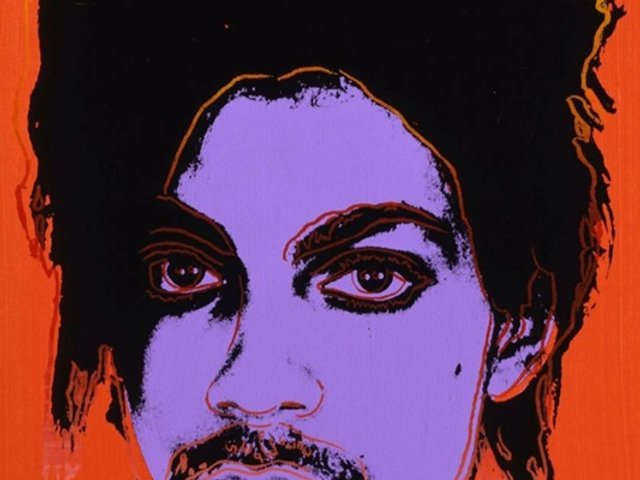The Andy Warhol Foundation for the Visual Arts has published a 20th anniversary report on its finances and philanthropy. Warhol, who died at 58 in 1987, left all his possessions to the New York-based foundation “for the advancement of the visual arts”. The report states that sales of works of art, rights and licensing have built the foundation’s endowment to more than $240m. President Joel Wachs declined to disclose the number of paintings, sculptures, prints and drawings that remain with the foundation, stating that the holdings are “proprietary information because we are in the business of selling them”.
According to the foundation’s financial statement, net gain on sale of works of art for the year ended 30 April 2006 was $16.25m, with commissions on sales totalling $1.66m; the preceding year net sales were $12.6m with $1.39m in commissions. (Vincent Fremont, one of Warhol’s executors, is the exclusive agent for sales of paintings, sculptures and drawings, many of which are sold through various galleries; Timothy Hunt is the agent for prints and photographs.) “Our goal is to continue to sell to build the endowment to continue to give grants,” Wachs says.
“Our goal is to continue to sell to build the endowment to continue to give grants”
Since 1987 the foundation—which by law must give away 5% of its assets annually—has disbursed more than $200m in cash grants and art donations. This year grants will total more than $11m for exhibitions, artist residencies, publications, public programming and (through the New York-based non-profit Creative Capital) individual artists and writers. The primary focus is “to support the creation, presentation and documentation of contemporary visual art, particularly work that is experimental, under-recognised, or challenging in nature”.
The foundation recently announced that 28,543 vintage Warhol photographs would be given to 183 college and university art museums across the US. By the end of January 2008 each institution will receive around 100 colour Polaroids and 50 gelatin-silver prints selected by programme curator Jenny Moore. (The foundation has never produced posthumous prints and will never do so, Wach says.) The gift, which the foundation values in excess of $28m, represents “about half” of the foundation’s photography holdings. “We may give away prints in a couple of years,” Wachs says, noting that in the 1990s the foundation sold at “about half price” some 103 works, mainly paintings, to 24 museums including the Metropolitan Museum of Art, the Art Institute of Chicago and the Whitney Museum.
The key act of the foundation was the opening in 1994 of the Warhol Museum in the artist’s hometown, Pittsburgh, to which the foundation contributed more than 3,000 works in all media as well as the artist’s source materials and archive.
• Originally appeared in The Art Newspaper with the headline "Warhol Foundation looks back on 20 years"


